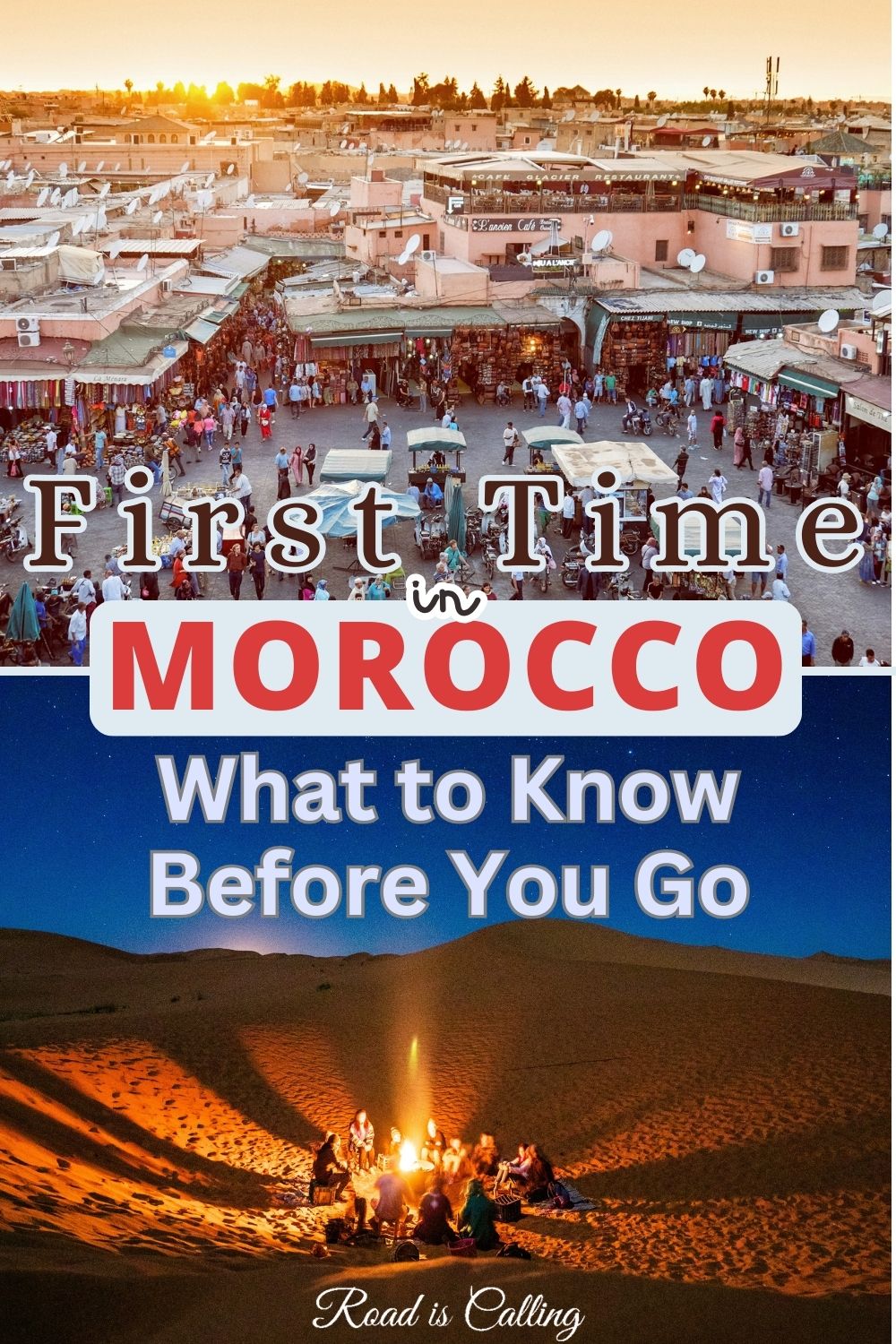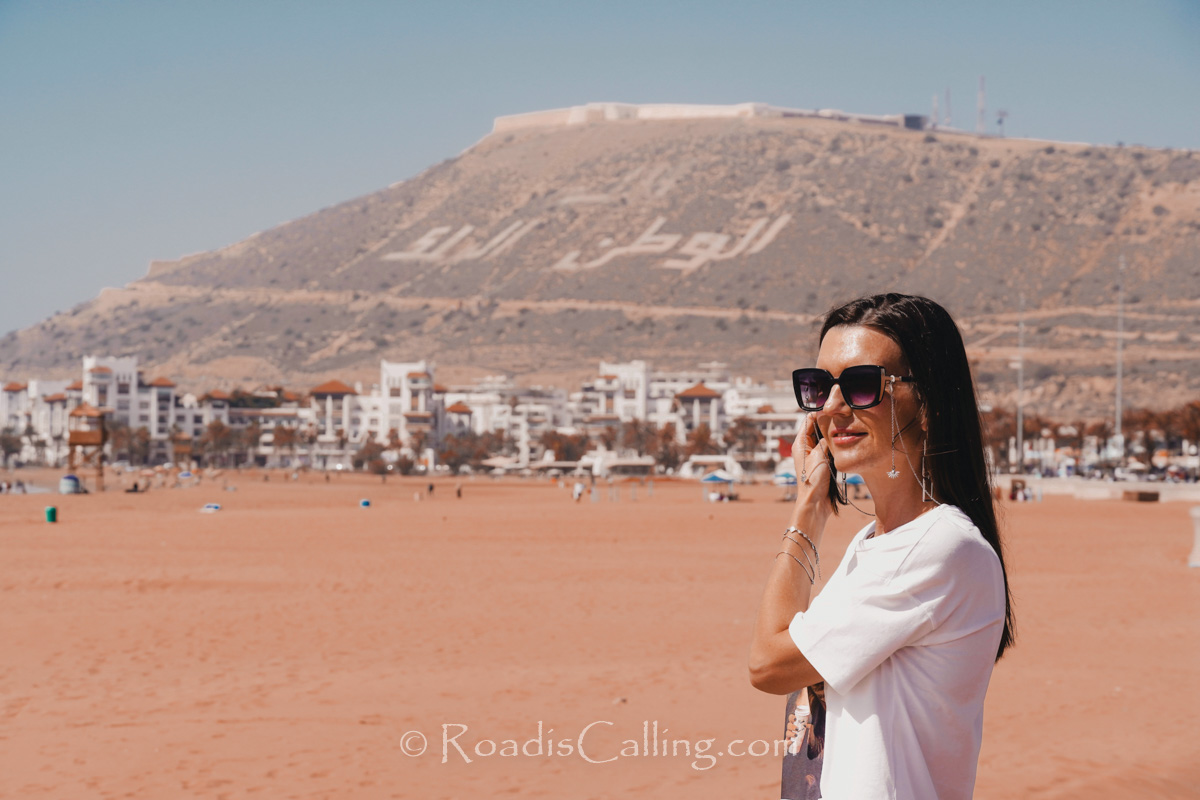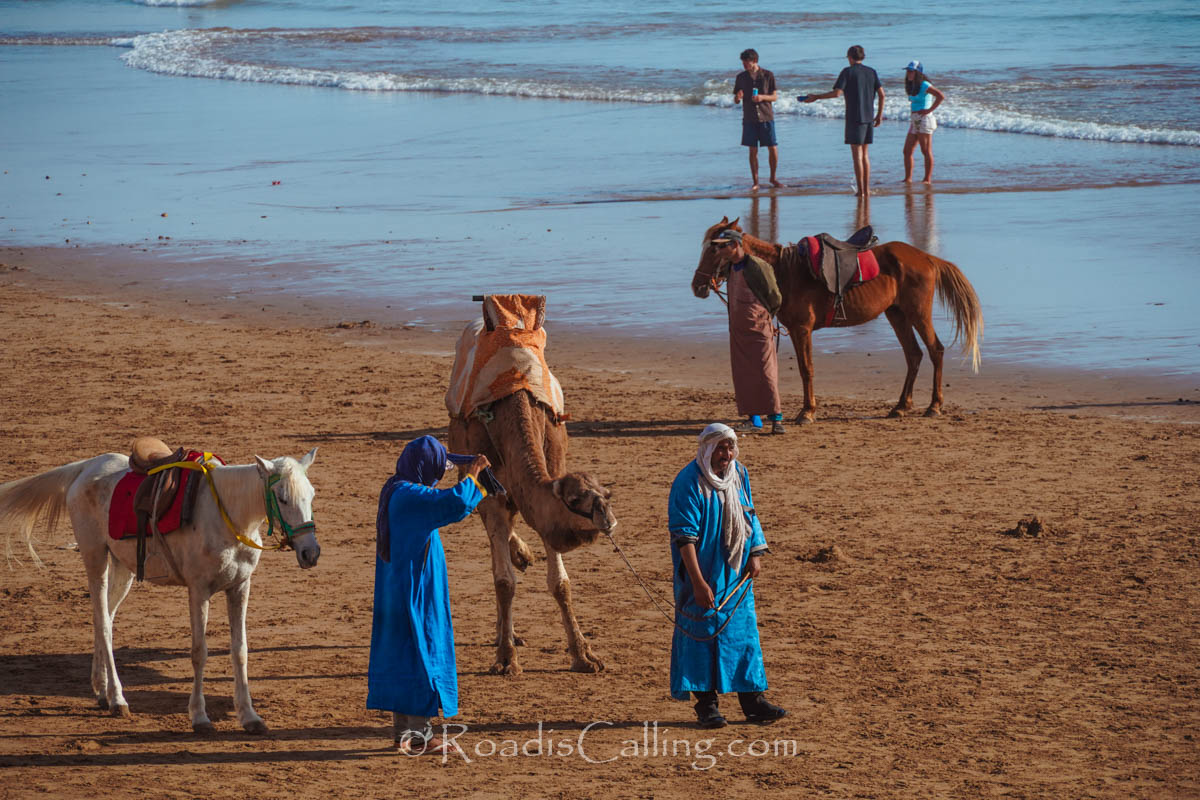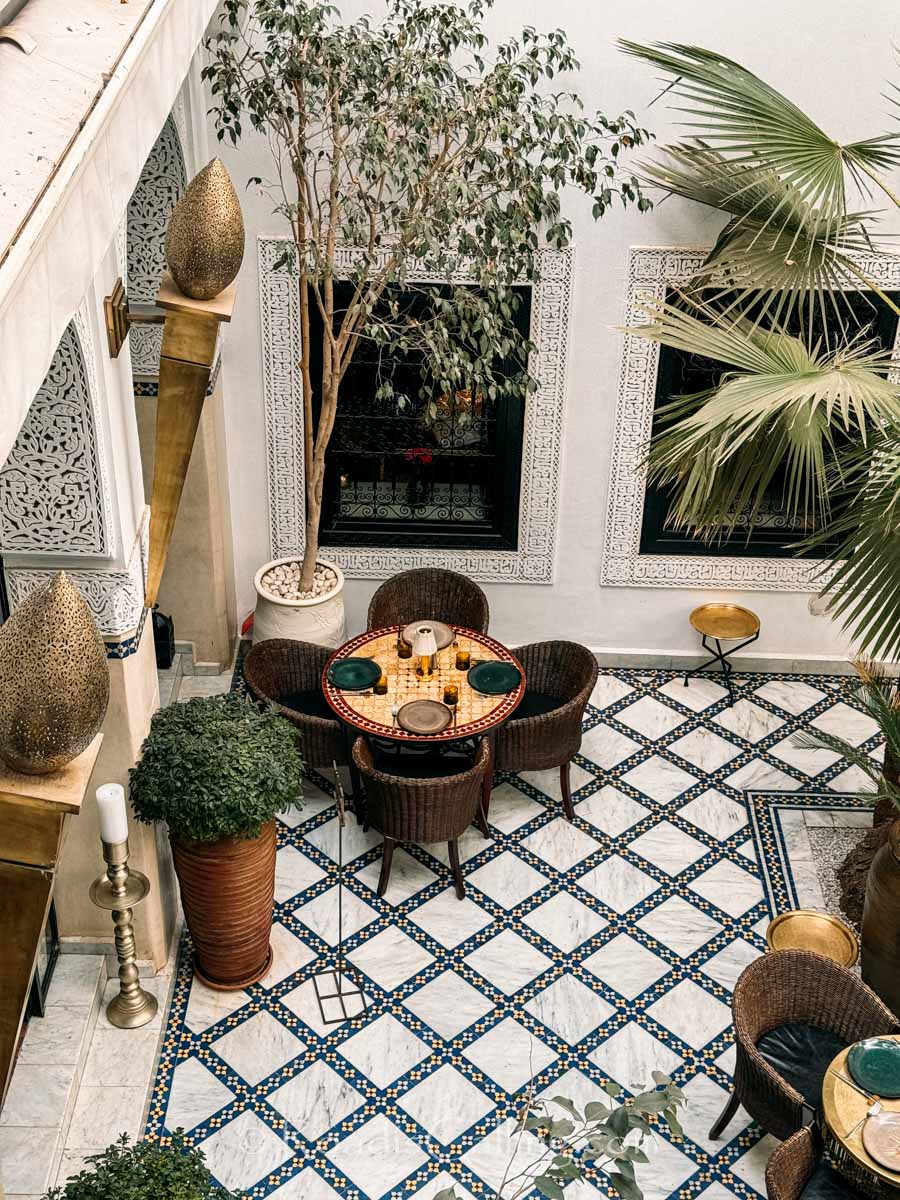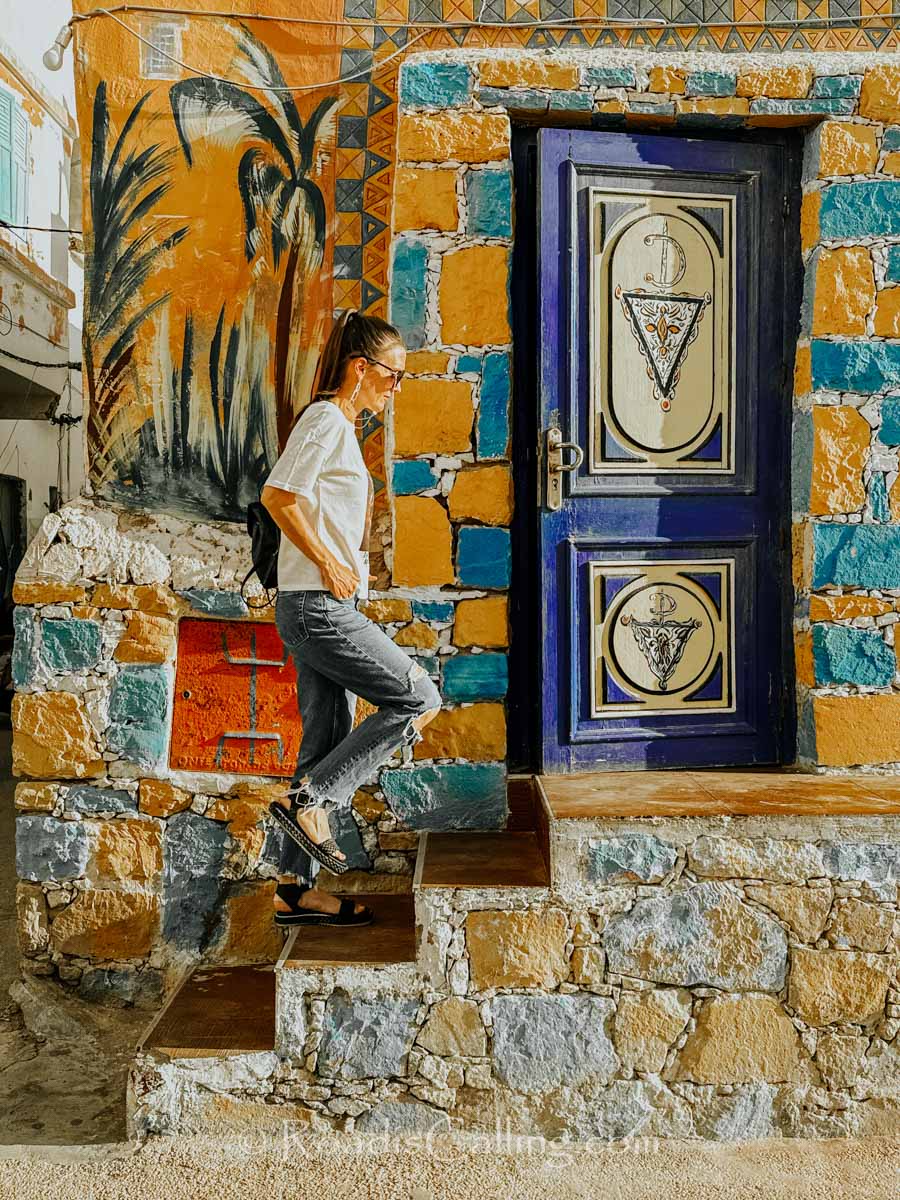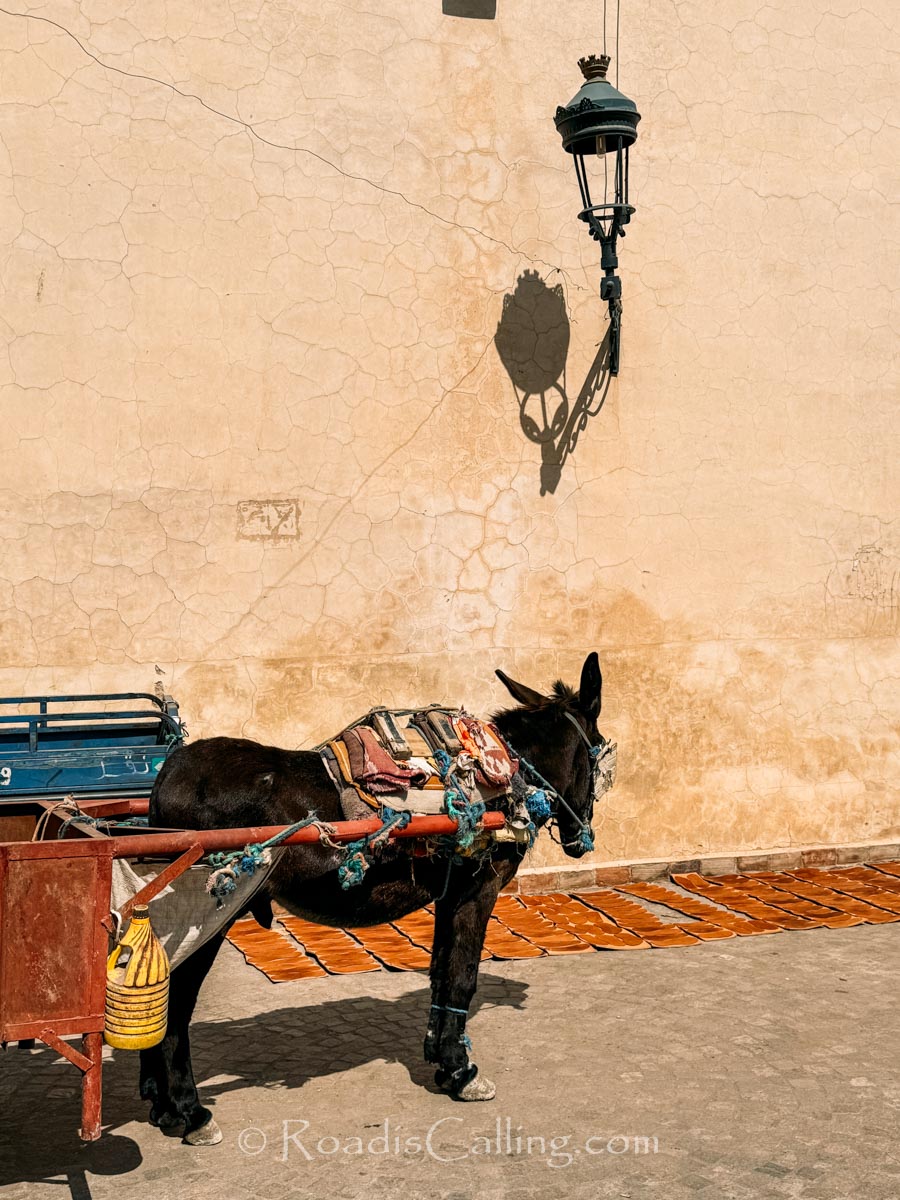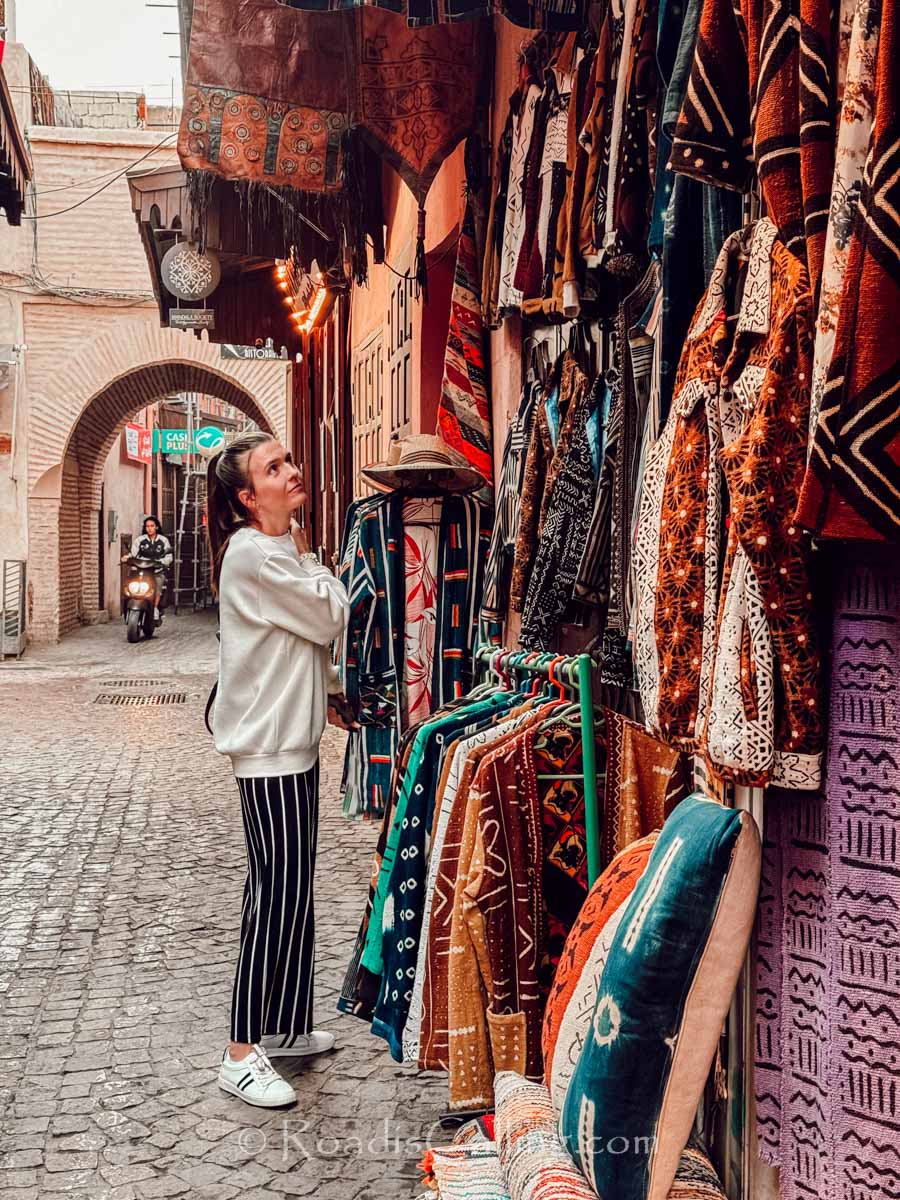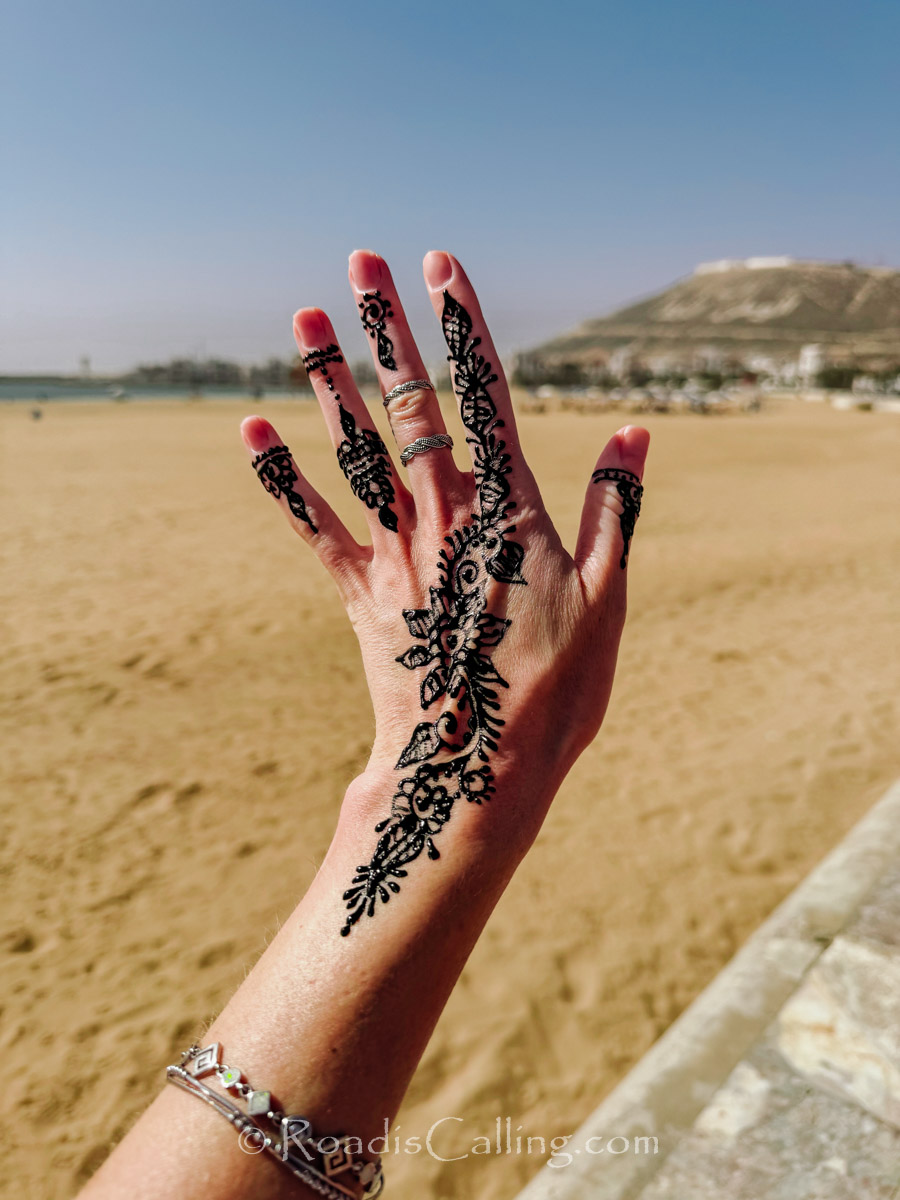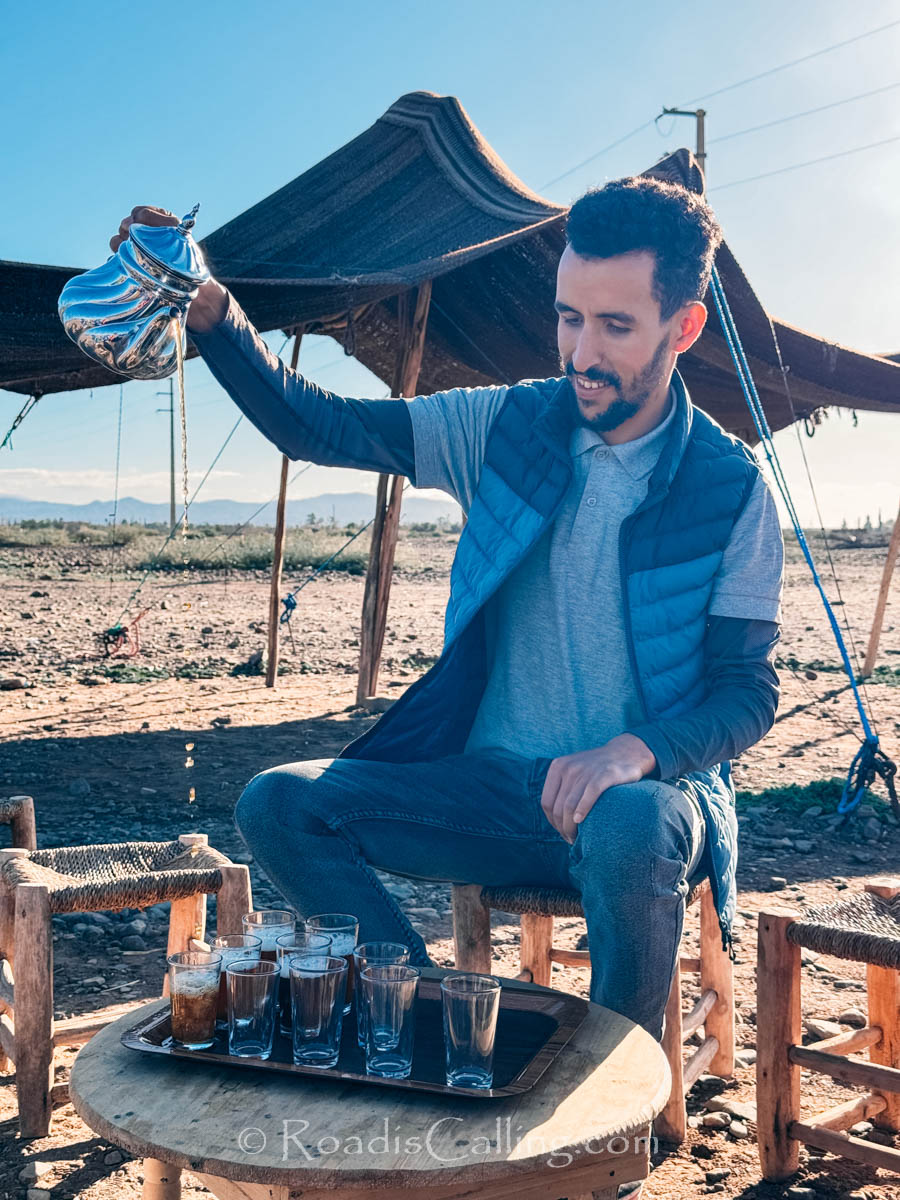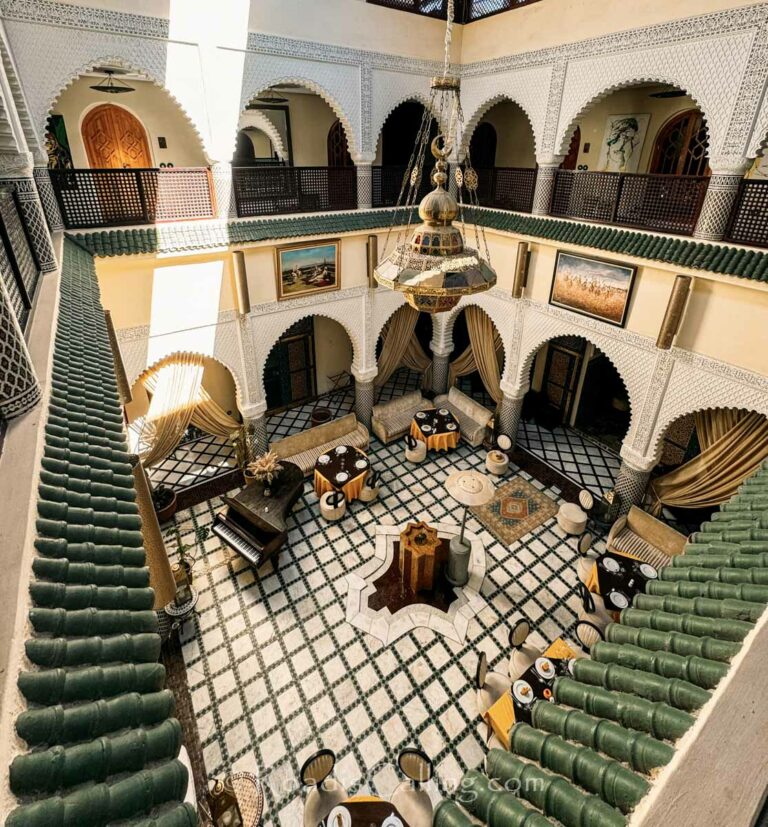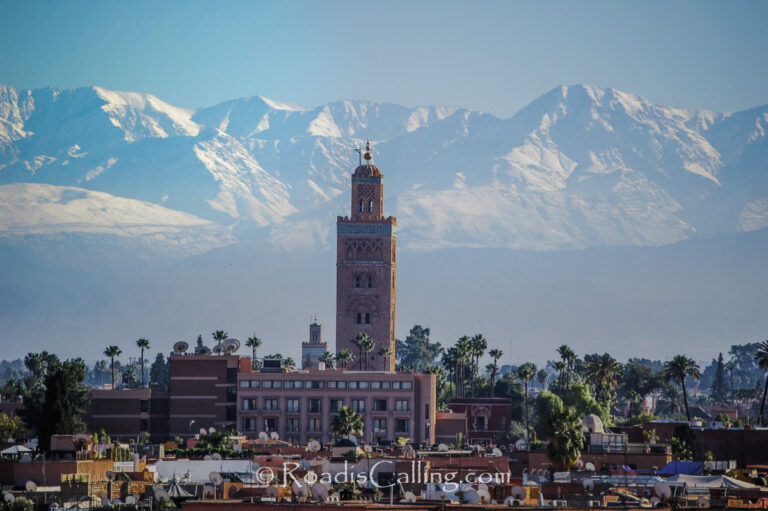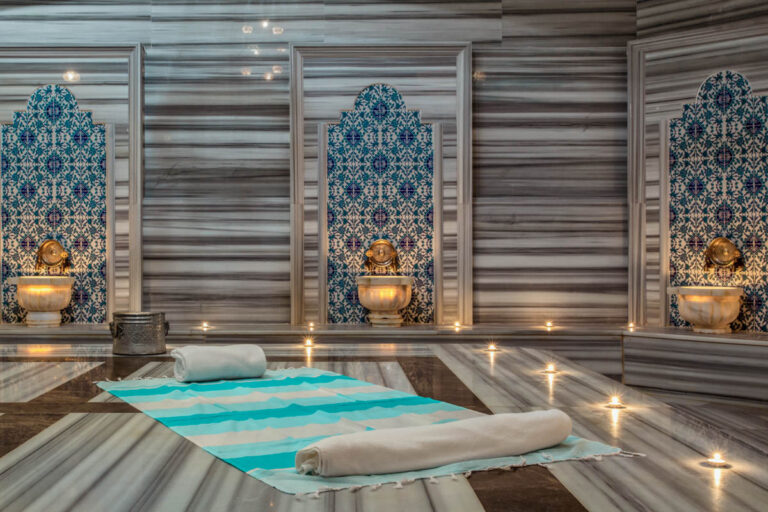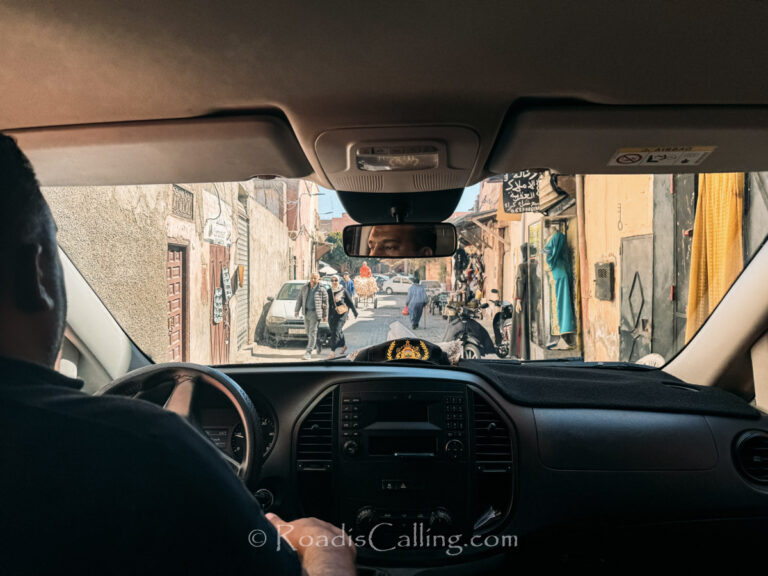First Time in Morocco – 10 Things to Know Before You Go
Before going for the first time to Morocco I spent almost two months planning my trip there as I wanted it to be flawless and filled only with positive moments. I went through so many tips and things to know about Morocco that I thought I knew them all.
After traveling all over Turkey and then later to Dubai and Doha, I learned how important it is to prepare well for a trip to a Muslim country. There are things to know about cultural norms, rules, behavior, and social customs that differ from Western countries.
I read a lot of travel tips for Morocco for first-time visitors as well as things to know from people who have spent a lot of time in the country. They gave me a good understanding of what to expect and how to plan a perfect Morocco itinerary. But at the same time, there were a lot of nuances they didn’t mention or things that were somewhat misleading which were the reason I encountered many surprises by certain aspects of Moroccan culture and travel experiences.
So I decided to share my own insights (those I encountered on a trip) that will be very helpful when preparing to leave for Morocco. I will be adding more of them as I am venturing through the country and getting acquainted with it more and more. If you have anything to add of your own, please do as it will be very helpful.
Otherwise, be sure to familiarize yourself with my Morocco travel tips (especially if you are visiting Morocco as an American or European) to ensure a smooth and enjoyable journey!
General Things to Know About Morocco Before You Go
Not Many People Speak English
Before a trip, I read many people say how in Morocco local population speaks several languages – English, German, Spanish, French, Italian, and a few others. So it wouldn’t be a problem to communicate with locals, regardless of the language I speak.
Well, in my experience, it turned out to be something different as I didn’t meet many people who spoke anything besides French and Arabic or very basic English limited to sellers’ vocabulary.
Between my husband and me, we collectively know five languages. But we couldn’t use any of them besides occasional English here and there, mainly in Riads, some hammams, and a few cafes with restaurants. On most tours we took, our tour guides spoke quite poor English sometimes not being able to explain everything in full (except when on this tour to Atlas mountains).
We spent more than a month in the country, exploring hidden gems and secret locations of Marrakech, Fes, Rabat, different Morrocan villages, and traveling along the Moroccan coast – and had similar experiences everywhere we went.
For the most part, people in Morocco (besides Arabic) speak fluent French (primarily due to the country’s history of colonization by France) which remains an important language in various spheres, including government, business, and education.
So if you speak French too – you will have no problem communicating with people in Morocco. Otherwise, if only English, prepare for potential communication challenges and consider learning some basic French phrases or downloading translation apps to facilitate interactions.
You Need Cash Almost Everywhere
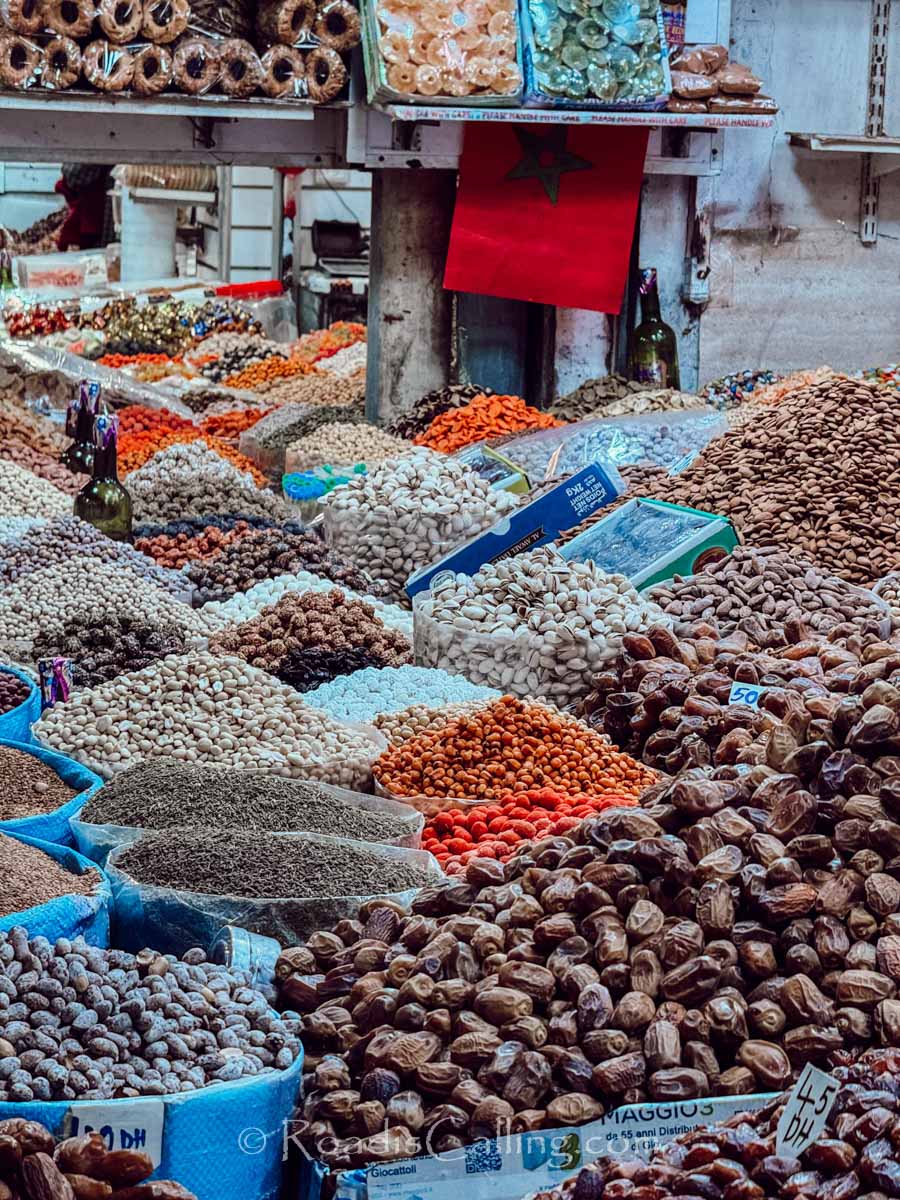
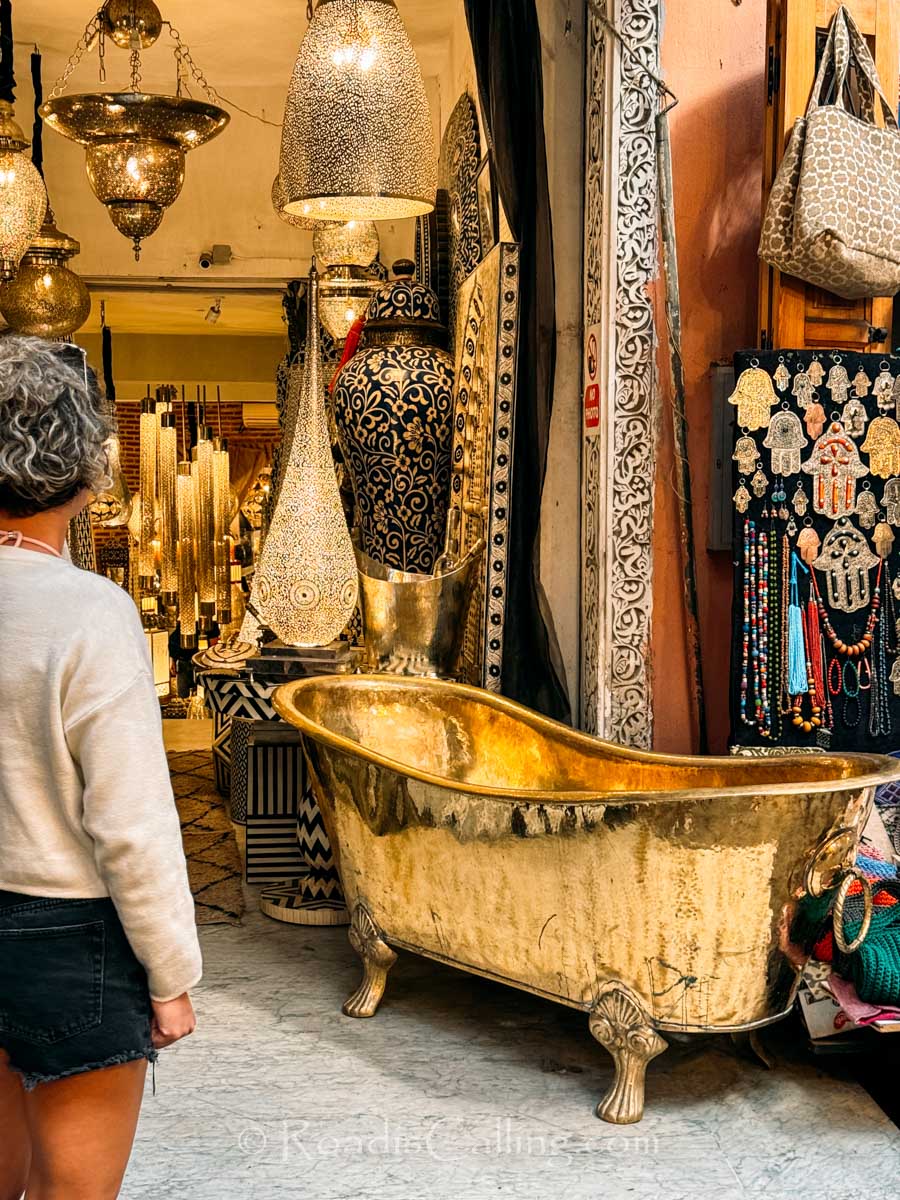
In Morocco, cash is king. While credit and debit cards are accepted at hotels, riads, large (chain) grocery stores, and restaurants in tourist areas, many smaller shops, most cafes outside Medinas (old towns), of course markets, and many tour companies (not to mention independent tour guides) use only cash.
I am writing this post now after having breakfast in one of the cafes in Marrakech (this one if you are curious) where I also had to pay cash for food as in many other establishments around the city.
So thing to know about money in Morocco – bring cash with you if you can, not to pay commissions for ATM withdrawals and to avoid potential fraud (if you need to use an ATM, do it only in a reputable bank). And remember – having cash on hand in Morocco is essential for smooth transactions and navigating daily life in the country.
Riad is the Best Place to Stay in Many Cities
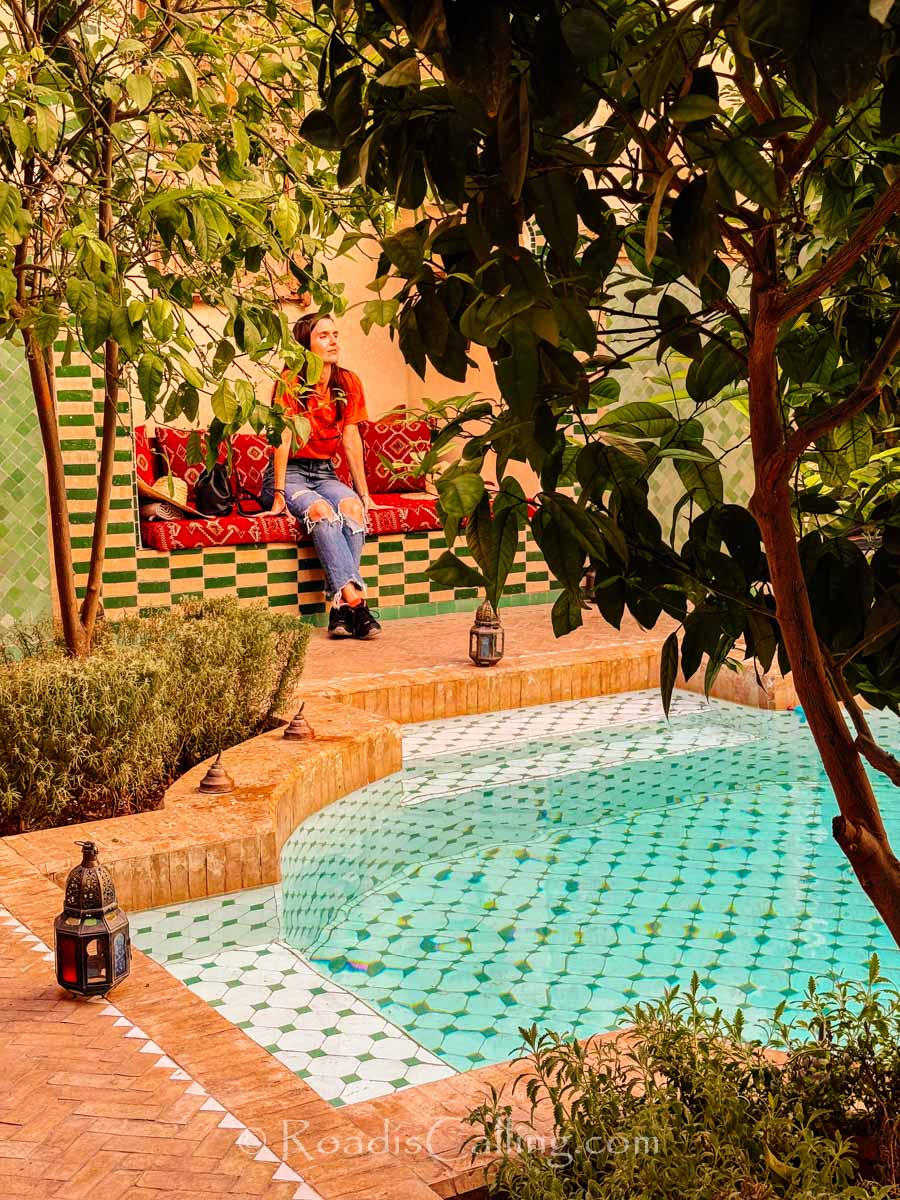
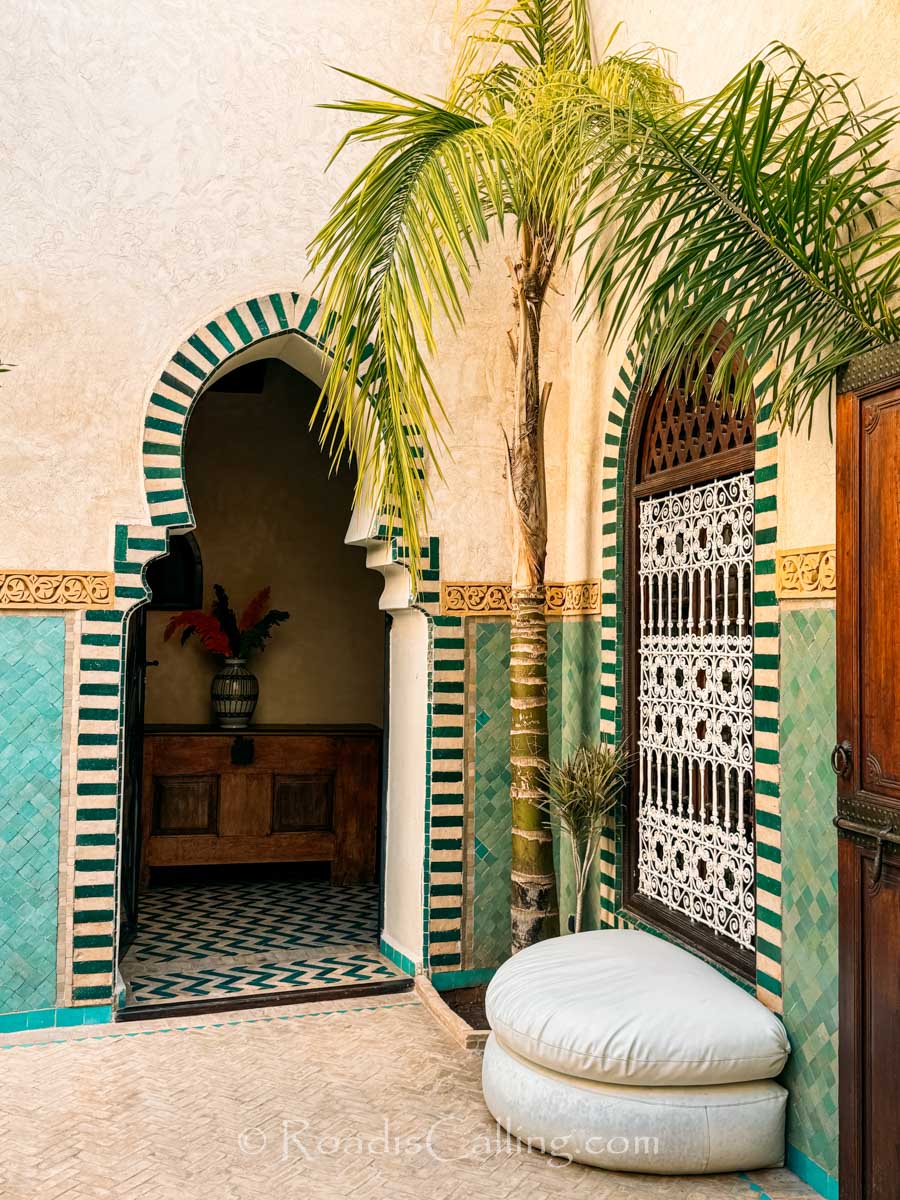
Riads offer a very unique and authentic accommodation experience in Morocco which you won’t find anywhere else in the world (okay, maybe only in Cordoba and Granada in Spain where many homes have similar architectural styles) and which is why you shouldn’t miss when visiting the country.
Riads are large traditional Moroccan homes or even palaces with inward-facing courtyards or gardens. They typically feature such architectural details as intricately carved woodwork, many colorful tile mosaics (zellige), and decorative plasterwork (gypsum carving). Often there is a pool or fountain inside the courtyard around which the rooms are arranged.
All riads were built in a way to provide privacy and tranquility, shielding occupants from the hustle and bustle of the outside world (particularly medina which is always so busy). These days (since they have been converted into guesthouses or boutique hotels), they offer a very authentic and luxurious accommodation experience.
But not everywhere in Morocco it is worth staying in riad. In my experience, the most impressive riads are in Marrakech and Fes as these two cities have long been centers of Moroccan culture and civilization, resulting in the construction of elaborate traditional homes and palaces.
If you want to experience one of these cities in a traditional authentic way – choose a riad for accommodation.
Swindlers & Deceivers Are Very Common Everywhere
Unfortunately, in Morocco, there are many people who “hunt” tourists. Of course, there is nothing wrong with trying to make money on tourism (everyone has to live somehow, and this is normal anywhere), but in Morocco for some reason deception, cunning, and overpricing get on a new level. They are bread and butter in the country for many people and it is very common to encounter this practice at almost every corner.
So you just need to watch out for any possible deception anywhere you go.
In Marrakech, for example, you will definitely overpay for parking, food, and souvenirs. I don’t even want to mention such experiences as henna tattoos, which local women start doing almost forcibly, pulling your hands out of your pockets.
Thus, you need to be vigilant and cautious when navigating through the tourist areas of Moroccan cities. Assertively negotiate prices, use reliable services, be cautious of overly friendly strangers, don’t show off valuables, and watch out for scams like overcharging, misleading directions or offers of help from locals, fake tour guides (order tours only online through reputable companies), and pickpocketing in crowded areas.
Practical Things to Know Before Going to Morocco
Do Not Be Afraid to Get a Free SIM Card Directly at the Airport
In every airport in Morocco, in the arrivals hallways, there are representatives from different mobile companies offering free SIM cards to tourists. They are NOT scams, but legit offers that provide a convenient opportunity to get connected without any fuss.
When we arrived in Agadir, we didn’t have any cash to pay for the card (euros and dollars are accepted too) which was a big miss since the following day we had to spend some time looking for a card in the city and overpaying for it. In the airport the card is free, in any other place it costs $2.
Once you get a sim card at the airport, you’ll be able to start using your phone right away and if you need help, the staff around will be able to assist and answer any question.
Moroccan SIM card provides access to local networks for calls and texts, but most importantly it provides data, which is quite generous (for $10 you get 15 GB of data). Plus, having a local number can come in handy later for making reservations or contacting tour guides.
So don’t hesitate to pick up a free SIM card at the airport – it’s a small step that can make a big difference in many things when traveling in Morocco!
Use Careem & Roby Taxi App Wherever Available
These two apps are the best for taxi rides in Morocco and are close alternatives to UBER which does not operate in the country. They are mainly available in big cities like Marrakech, Rabat, Casablanca, and Tangier and are safe options for private taxis, especially when going to less touristy areas.
They provide reliable services (even though there are not many cars available) together with affordable fares (you won’t need to negotiate as with taxis stopped on the street).
And then if you have a Moroccan SIM card with data, using these apps will be easy anywhere during your travels in Morocco.
Do Not Miss a Food Tour in Marrakech Or/And Fes
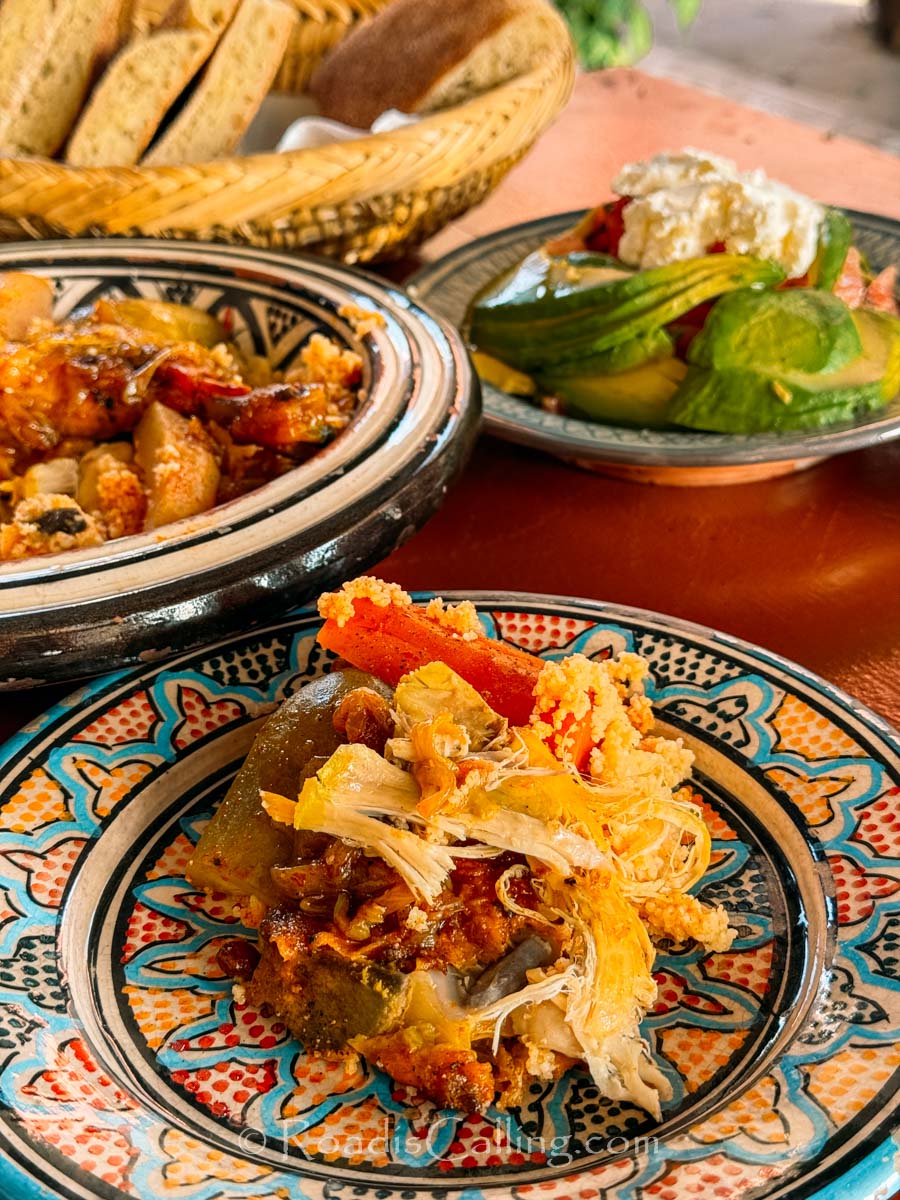
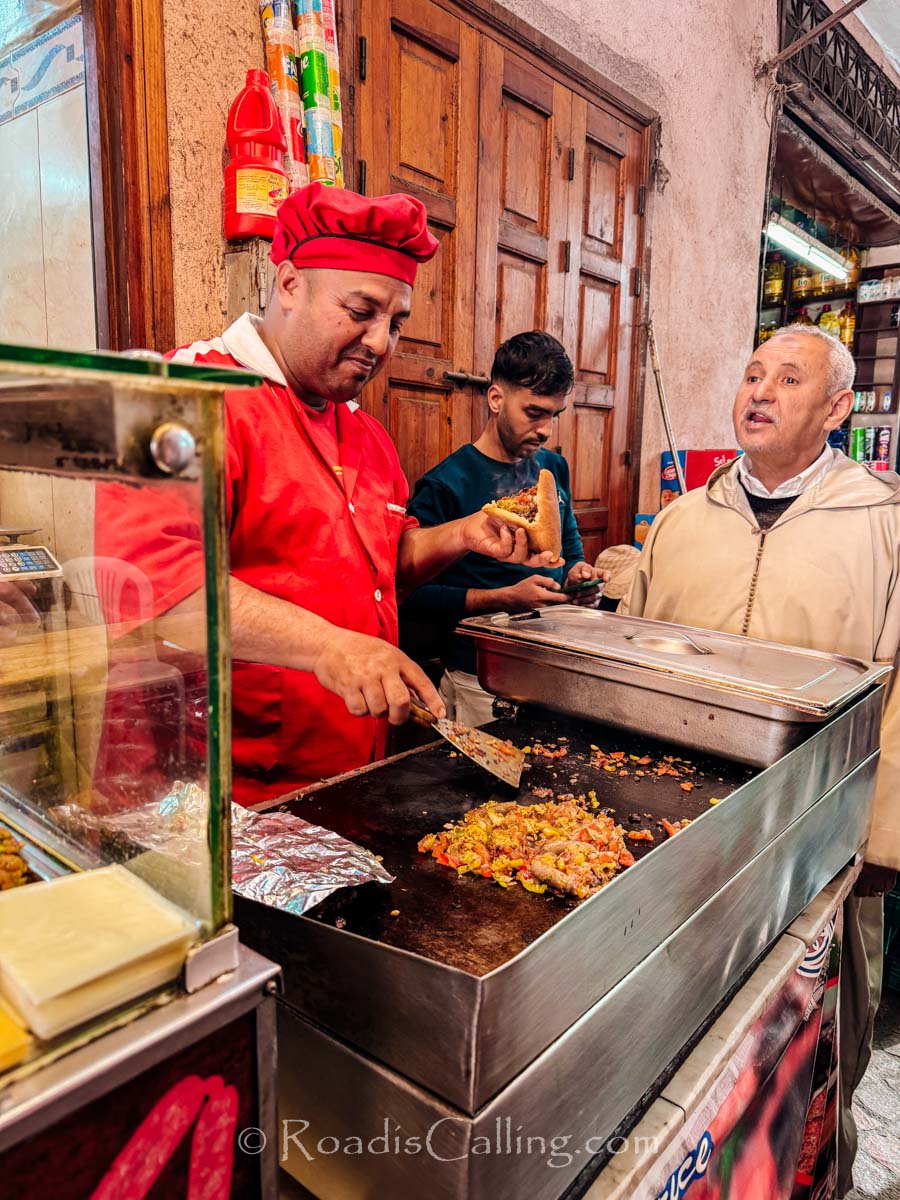
Food tour in both of these cities is the best way to get a good introduction to Moroccan cuisine which is very diverse and may not always meet hygiene standards in every location. The tour is especially a must if you are short on time and visiting the country quickly.
Both Marrakech and Fes offer excellent tours which I cannot say about other cities. They also have a high number of eateries, food stalls, and family-owned restaurants, and there are so many of them that it’s overwhelming to decide where to eat on your own.
A food tour will not only help you navigate through the vast culinary scene but also ensure that you sample a variety of authentic Moroccan dishes safely. While in many countries in the world trying foods is very easy and possible on your own, in Morocco it is slightly challenging (as eating out in Istanbul).
So don’t hesitate to spend some money on this Moroccan experience (food tours are quite expensive here) as you’ll love it! We did this street food tour with several eateries and around 10 dishes, and thought it was a must-have activity in Marrakech!
Things to Know About Moroccan Culture & Traditions
Bargaining Is Not a Scam, It Is a Shopping Culture
In Morocco (as pretty much in many countries in Africa, anywhere in Turkey, and Middle East), bargaining is not just a way to haggle over prices, it’s a deep part of the shopping culture. It is a customary practice in small markets, souks, and even some shops.
While it may seem daunting or uncomfortable (especially if you are unfamiliar with this practice), bargaining is simply part of the local commerce scene and is generally expected by both local buyers and sellers.
On all souks and places that remind bazaars, Moroccans tend to bargain! You should remember this because most prices are initially set high to allow room for negotiation, ensuring both buyer and seller reach a mutually beneficial agreement in the end.
If you understand the art of bargaining and accept it with an open heart, you’ll have an enjoyable shopping experience and potentially better deals. Look at bargaining not like at a cheating approach or scam but as a fun and interactive aspect of shopping. By doing so, you will not only secure good deals on souvenirs, textiles, and other goods but also gain insights into the local customs and traditions.
If you can’t accept bargaining easily, then better skip shopping at souks altogether as this will cause tremendous stress and disappointing misunderstandings.
Hand Gestures Are Important
In Moroccan culture, certain hand gestures and body language have different meanings than in Western World. When traveling anywhere in the country (including Marrakech), it is important to remember not to use your left hand for eating, greeting, and handing objects. In Islamic culture, the right hand is used for all of that, and using the left hand is considered unclean or disrespectful.
Also, try not to use a ‘thumbs up gesture’ which in the West signals approval or agreement. In Morocco, it is interpreted as offensive. We used it on a few occasions not paying much attention until someone eventually said to us that doing it is quite impolite. Only after that remark, I did my research and found out that this gesture was often used in confrontational or hostile encounters in Morocco to convey disdain or disrespect.
Another thing to remember, especially if you are a woman traveling to Morocco solo – do not shake hands with men outside formal or business settings. Physical contact between men and women is not deemed appropriate unless you become friends with someone or you know a guy/man has a good understanding of other cultures.
And the last thing not to do in Morocco – never point with the index finger, as it is always considered rude. Most people will not care and won’t say anything but there can be always someone who will make comments and not always nice ones.
Offering Tea to a Visitor/Guest is Very Common in Morocco
The thing to know about Moroccan culture is that offering a local mint tea is a common gesture of hospitality and friendship. Accepting the tea and engaging in conversation is a way to show appreciation for the hospitality extended to you.
Tea culture in Morocco is big and refusing this drink when it is offered to you is seen as a sign of rejecting the host’s generosity. Even if you don’t want it – just take a few sips for the sake of decency and be thankful.
Things to Know About Other Countries in Africa
- Is Kenya Safe for Tourists? – honest answers to help you understand
- Traveling in Africa Tips – what to know to have a good trip
- What to Pack for Safari – check-list with helpful tips
Similar Posts in Other Regions
- Things to Know About Istanbul – before going there
- Visiting Dubai For the First Time – things to do & travel tips
More posts about Morocco are yet to come…
